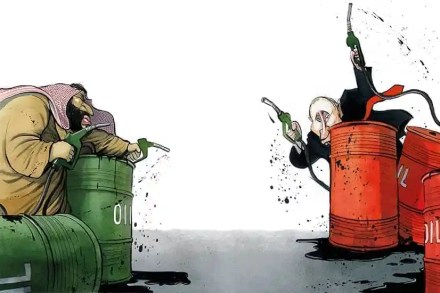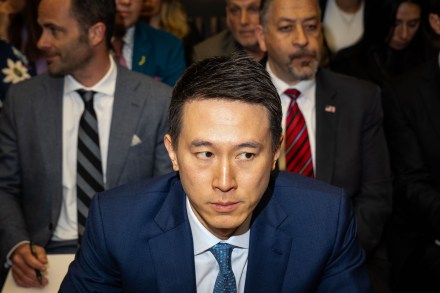By reducing oil production, Opec is only helping Russia
Just when we thought inflationary forces were softening, the price of crude oil has shot up sharply today in response to an announcement by Opec that it will try to reduce production. A barrel of Brent crude, which touched $120 last summer before falling back to $75 last month, reached $85 at one point today. Some analysts expect it to hit $100. Given that the benign forecasts for inflation which shaped Jeremy Hunt’s budget were predicated on a falling oil price, has the case for economic recovery now collapsed? Unfortunately, in spite of the US’s drive towards energy independence in recent years, the world remains depressingly reliant on Opec for




















